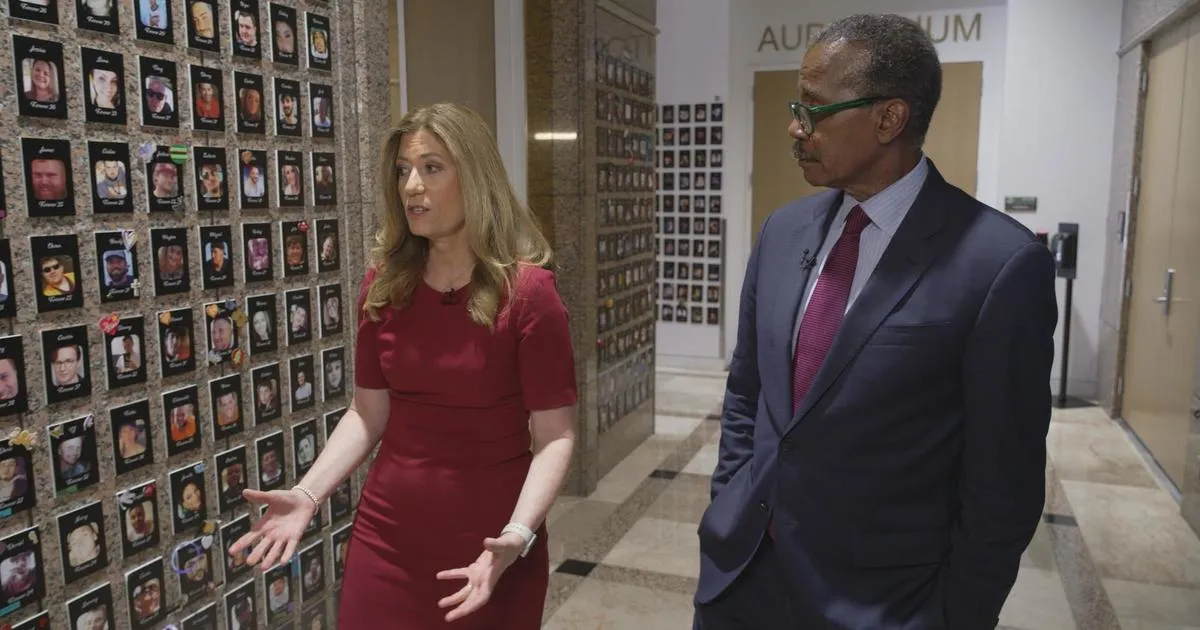Understanding the Fentanyl Crisis: The Role of Drug Cartels and DEA

Fentanyl Crisis: Drug Cartels' Influence
The fentanyl crisis reveals significant insights about drug cartels and their connection to the U.S. drug enforcement administration. Sherri Hobson, a former assistant U.S. attorney in San Diego, underscores that the U.S. drug industry played a pivotal role in initiating this epidemic.
For years, the U.S. drug industry aggressively promoted legal opioids, leading to widespread addiction. As state lawyers and the federal government took action against these practices, the legal supply of opioids sharply decreased. However, the demand from those suffering from addiction remained constant.
Impact of Drug Cartels
In response, Mexican cartels began mass production of fentanyl, a synthetic opioid aiming to satiate the unrelenting demand. This shift illustrates how gaps in legal supply have direct repercussions on drug trafficking dynamics.
The Role of Drug Enforcement Administration
The Drug Enforcement Administration (DEA) faces ongoing challenges in curtailing the influx of fentanyl into the U.S. Understanding the dynamics of this crisis is crucial for improving responses to the epidemic.
Disclaimer: The information provided on this site is for informational purposes only and is not intended as medical advice. We are not responsible for any actions taken based on the content of this site. Always consult a qualified healthcare provider for medical advice, diagnosis, and treatment. We source our news from reputable sources and provide links to the original articles. We do not endorse or assume responsibility for the accuracy of the information contained in external sources.
This article was prepared using information from open sources in accordance with the principles of Ethical Policy. The editorial team is not responsible for absolute accuracy, as it relies on data from the sources referenced.